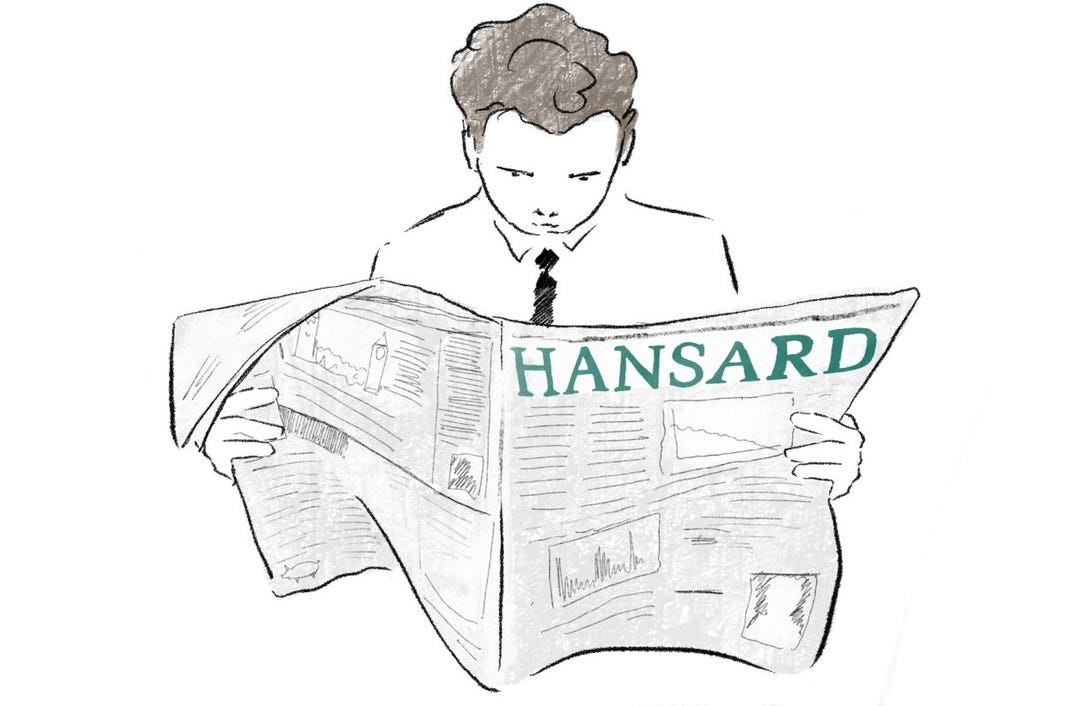Hello,
On Friday, Britain’s Prime Minister, Liz Truss, fired her closest ally, Chancellor Kwasi Kwarteng, whom she had put in place to implement her economic vision. His crime? Implementing her economic vision. As Truss’s hallmark economic campaign falls apart through a series of u-turns, it’s only natural that eyes turn to her other strategies. What does a Prime Minister with no political capital, an inability to communicate genuinely useful change, and an economy in disarray now mean for Global Britain, and specifically China?
First, it means minimal bandwidth for foreign policy as a whole. It does not take a political savant to understand that strong foreign policy requires the foundations of solid governance combined with a stable economic policy. Truss has neither, and will be working with her new Chancellor, Jeremy Hunt, to try and bring about both.
With minimal bandwidth remaining, Truss has committed to hardening the language around China. The easy option here would be to default into letting the loudest China hawks set the terms for the UK’s China Strategy, and follow the lead of the Americans. In the case of the former, the hawk’s pressure to go further on China, combined with growing anti-China public sentiment, will make it tempting to throw out red meat to shore up support. But it’s worth reflecting that few in this caucus have provided any coherent strategic policies or insights as to what they want the next chapter of the relationship to look like. Instead, an atmosphere of intolerance has built up, which has ironically created the unfortunate consequence of stifling discussion and creating self-censorship. Creating policy by playing off fear is the mark of a demagogue.
When it comes to the American approach to China, Truss has inadvertently ended up rhetorically placing the UK in an even more hawkish position towards Beijing than Washington. Her promise to classify China as a threat is more extreme than the Biden Administration’s own “challenger” classification, despite the United Kingdom not being anywhere near the level of a superpower. However, Truss may have the harsher rhetoric, but when it comes to looking at substantive action, Britain lags far behind.
A quick look at how China is being discussed in Parliament
24 mentions of China/Chinese, no mention of Xi Jinping, 2 mentions of Hong Kong, no mentions of CCP, 1 mention of Taiwan, no mention of Tibet, 1 mention of Xinjiang
589 out of 650 MPs (90.6%) have a Twitter account.
9 MPs’ tweets containing the term ‘China/Chinese’, none on ‘Hong Kong’, none on ‘Tibet’, two on ‘Taiwan’
Order! Order!
Some of the more eye-catching questions and tweets from Westminster dwellers this week
Lord Alton of Liverpool (IPAC) asked “His Majesty's Government what assessment they have made of the risk of identity-based violence and mass atrocities in (1) Nigeria, (2) Myanmar, (3) Ukraine, (4) Iraq, (5) northern Syria, (6) China, and (7) India; and when such an assessment was conducted last for each of these countries.”





